Preventing Feather Plucking in Pet Birds: Expert Tips
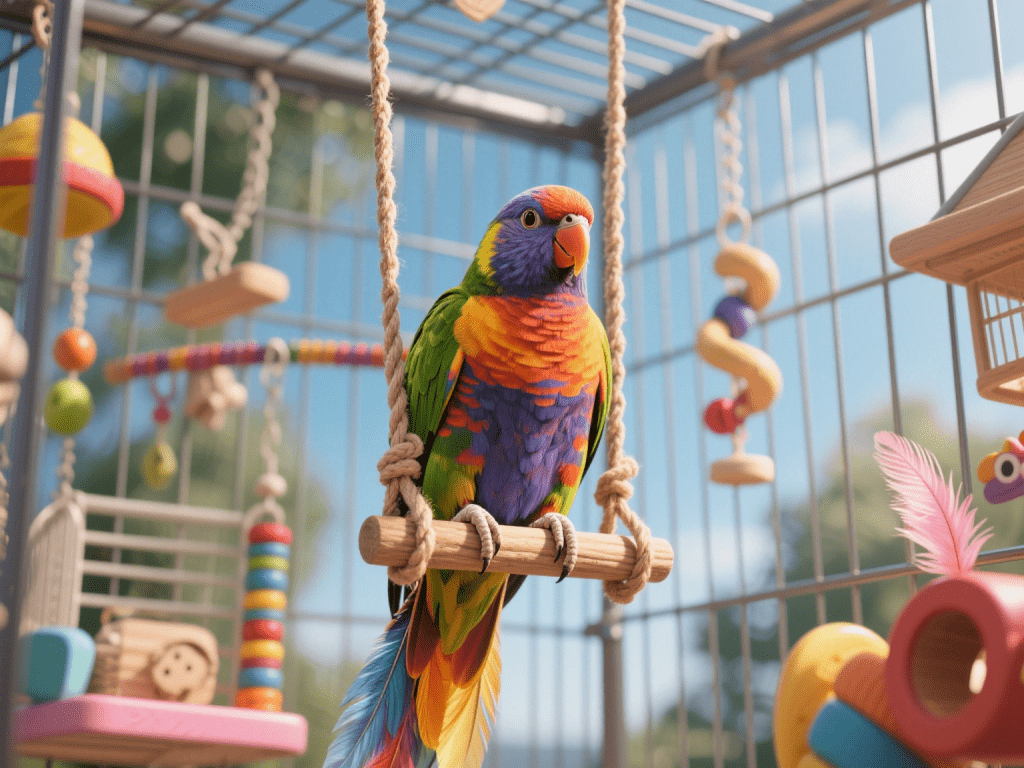
Feather plucking is one of the most distressing behaviors I’ve encountered in over a decade of avian rescue and sanctuary care. When birds self‑mutilate, it signals underlying stress, boredom, or health issues. In this post, I’ll share my top evidence‑based interventions to prevent and reverse feather‑plucking behaviors.
Understanding the Causes
Boredom & Lack of Enrichment
Nutritional Deficiencies
Underlying Medical Conditions
Psychological Stress or Anxiety
Seven Expert Strategies
1. Nutritionally Balanced Diet
Offer high‑quality pellet base, fresh fruits, and vegetables.
Include cuttlebone or mineral block for calcium supplementation.
2. Dynamic Enrichment Rotation
Change toys weekly: foraging puzzles, ropes, bells.
Hide treats in shredded paper or foraging boxes.
3. Consistent Social Interaction
Dedicate at least 1 hour daily for one‑on‑one play or training.
Teach simple tricks (step‑up, recall) to build confidence.
4. Environmental Optimization
Maintain 12 hours light/12 hours dark schedule.
Use natural daylight bulbs and quiet sleep area.
5. Stress Reduction Techniques
Play soft classical music during loud household events.
Provide covered “sleep hut” for private retreat.
6. Veterinary Check‑Ups
Schedule annual avian exams to rule out skin or systemic issues.
Test for parasites, hormonal imbalances, or allergies.
7. Behavioral Modification
Positive reinforcement for calm behavior; ignore attention‑seeking plucking.
Consult an avian behaviorist for severe or persistent cases.
Monitoring & Adjusting
Feather Scoring: Photograph weekly to track regrowth and identify hotspots.
Journal Observations: Note behavior changes, diet tweaks, and environmental shifts.
Conclusion
Preventing feather plucking is a multifaceted endeavor requiring keen observation, consistent enrichment, and professional support. By addressing physical needs and emotional well‑being, you’ll foster a healthier, happier bird whose feathers—and spirit—remain intact.
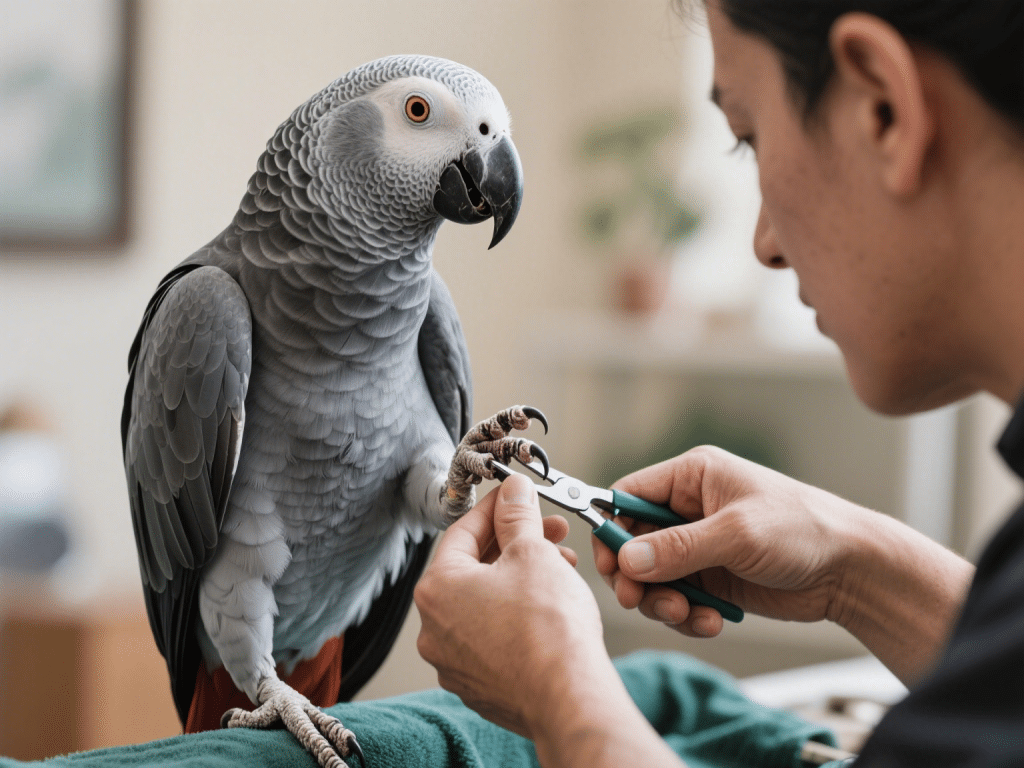
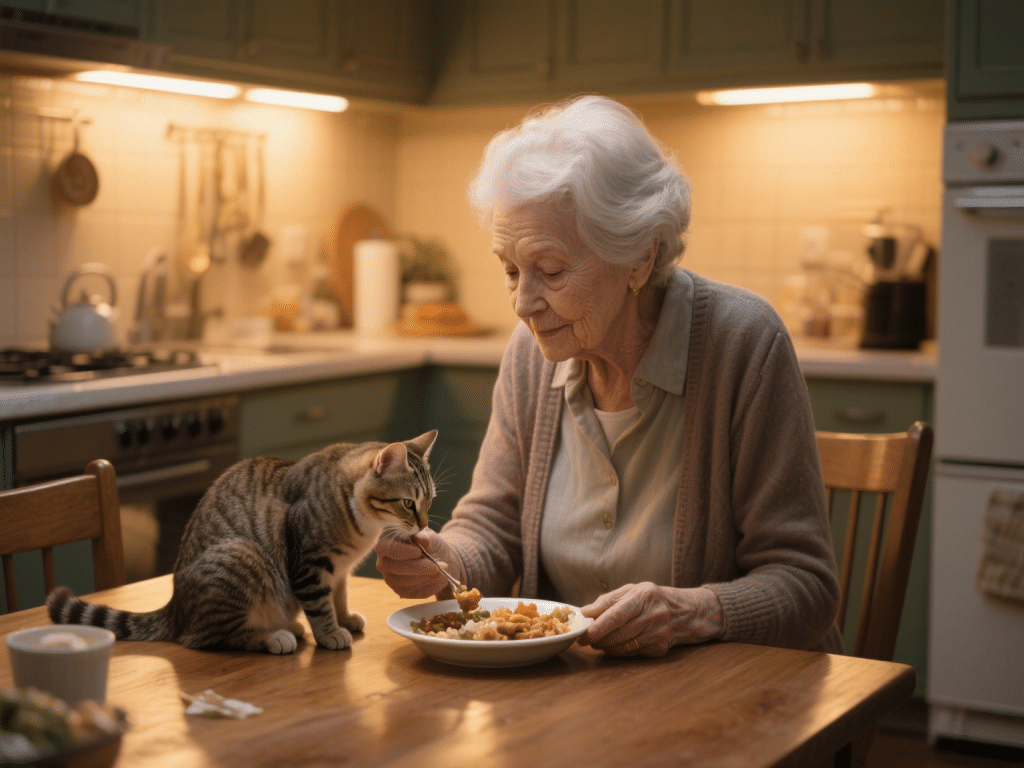
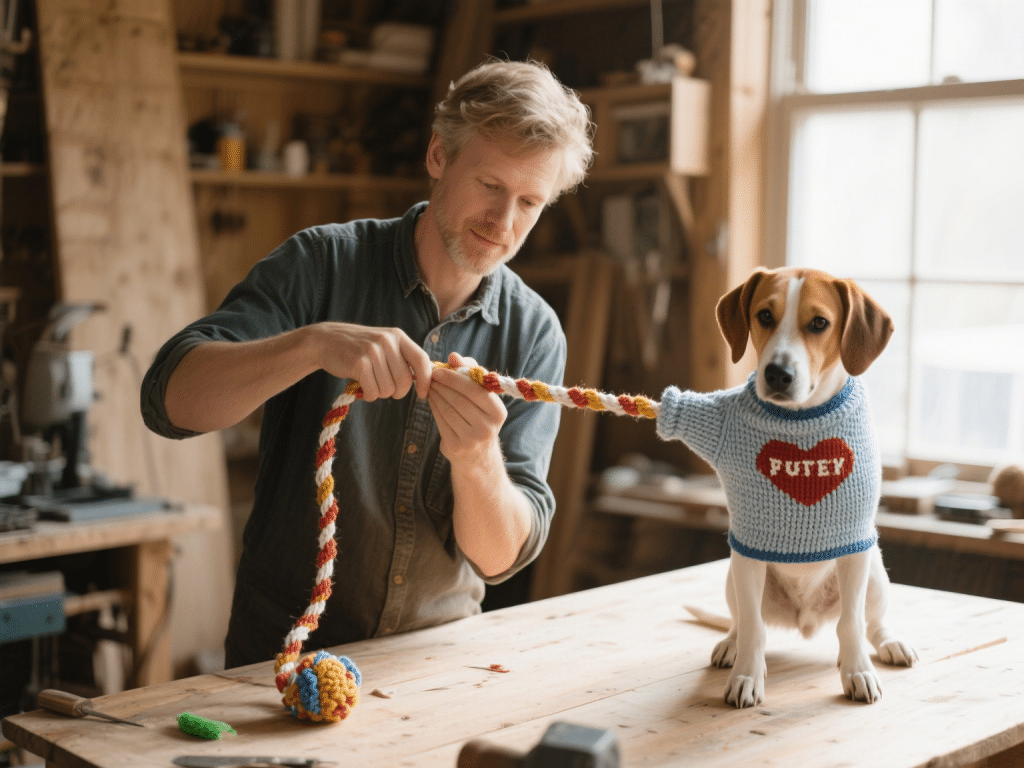
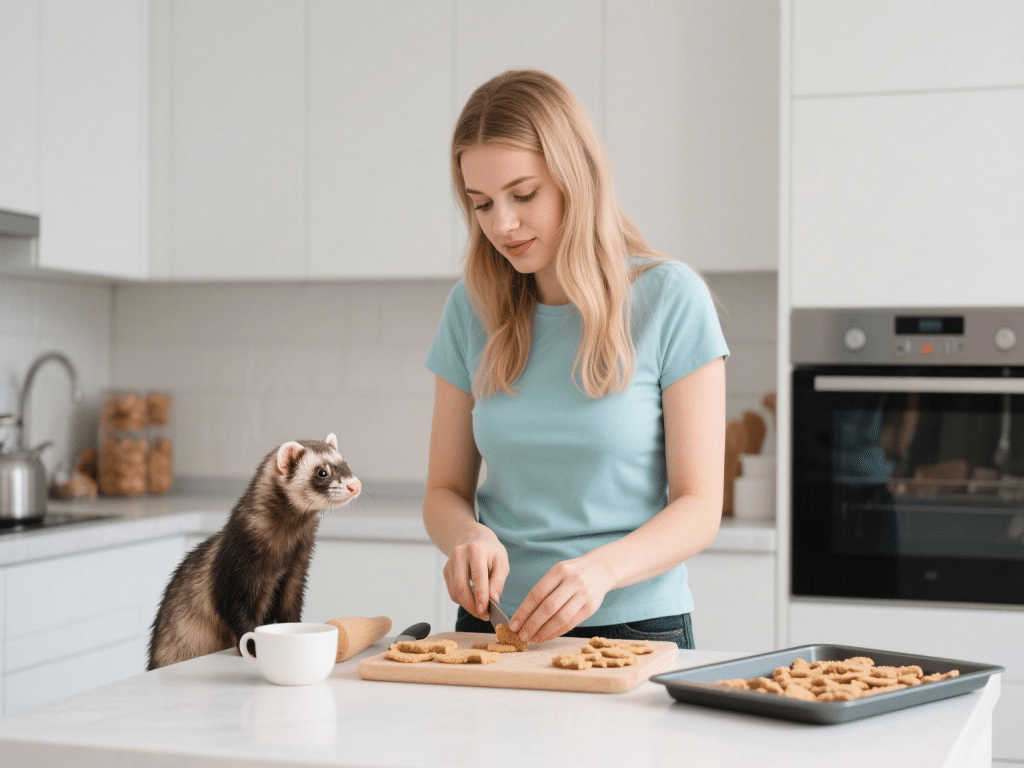
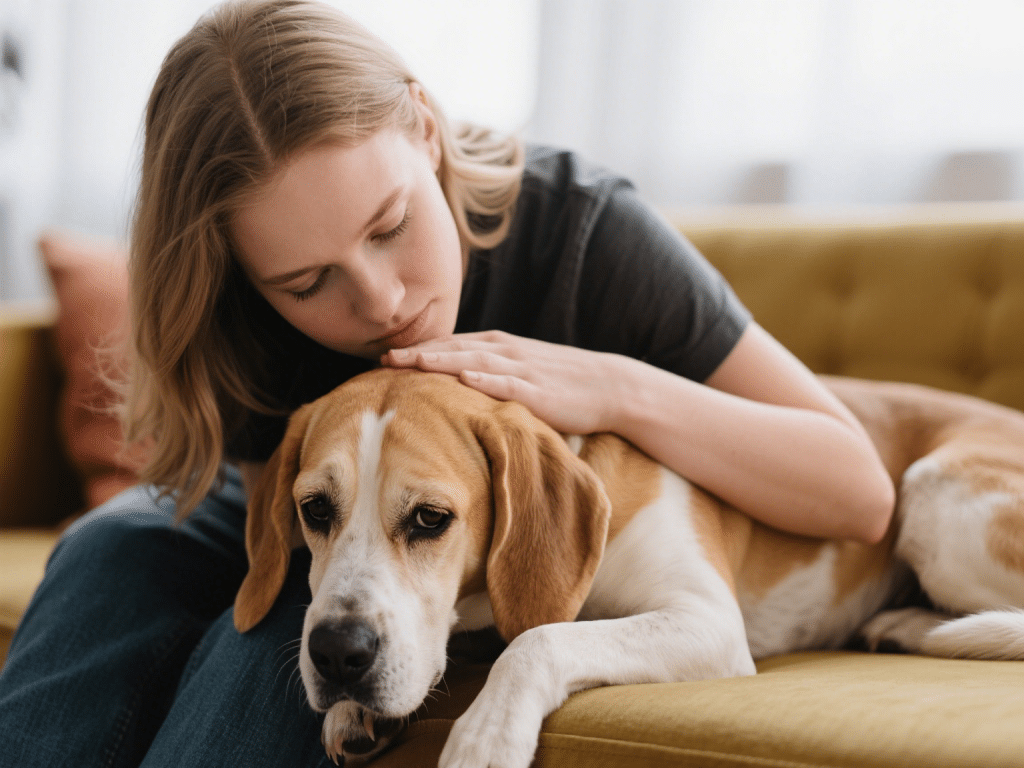


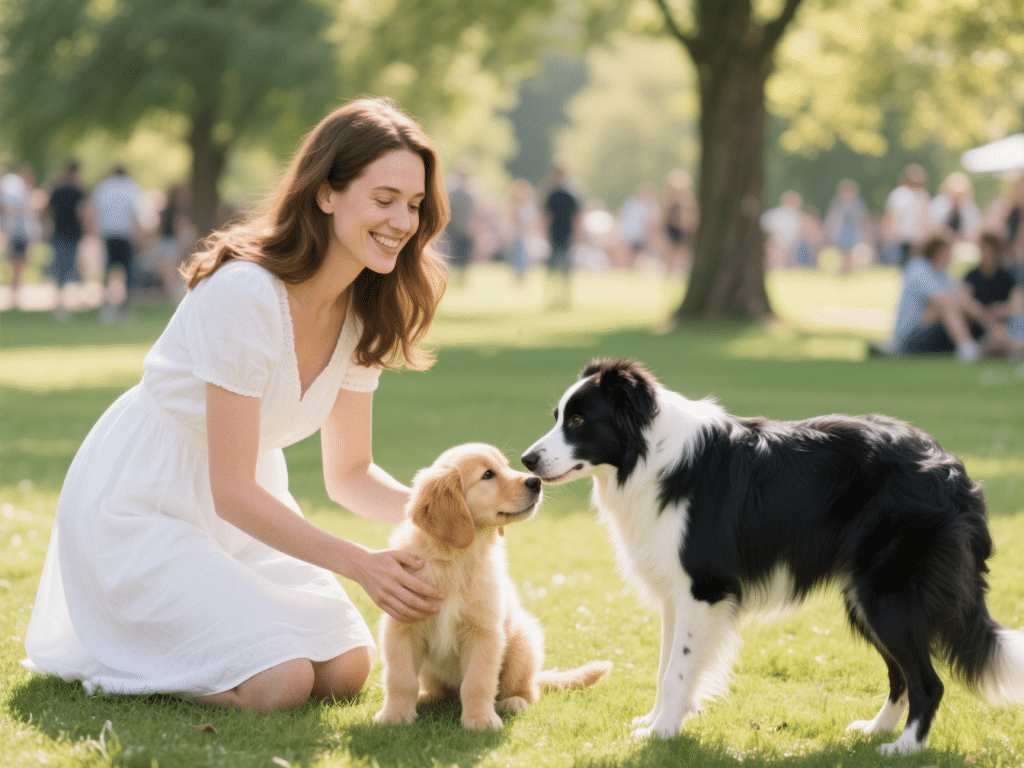
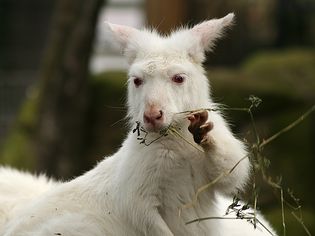
Comments on "Preventing Feather Plucking in Pet Birds: Expert Tips" :